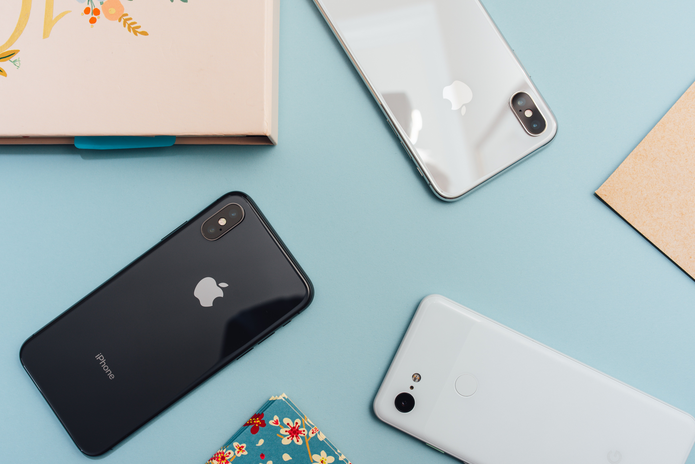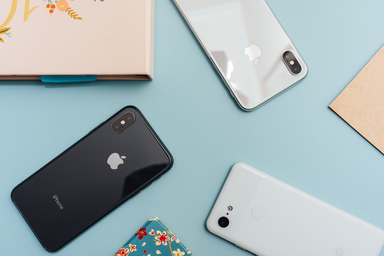It has been long understood that models in fashion magazines, billboards and advertisements have contributed to negative self-image in young girls. But another problem has arisen: social media. As noted by a CNN article about body image: “Before social networks, we mostly had images of impossibly perfect celebrities. We would pass these images on billboards, watch them on TV, flip through them in magazines, but we weren’t sitting around staring at them for hours every day.”
In the networked community of Instagram, Facebook, Snapchat and other networks used by young people, “likes” are a means of social capital. According to an Australian study, social media triggers a dopamine high when a person posts, “likes” or shares something online. “We are creating an expectation,” the study explained. “We feel a sense of belonging and advance our concept of self through sharing.” Young people are defining themselves and cultivating their identities through social media and the connections that it affords. This leaves them particularly vulnerable to comparing themselves to others and forming their sense of self-worth based on this comparison. The body-image crisis has not gone away—it has changed.
Comparing bodies with peers is significantly damaging to young peoples’ body image. Social media isn’t the cause of low self-esteem and negative body image, but it certainly has a role in perpetuating it. These dopamine-inducing “likes,” comments and shares can “falsely fulfil [young people’s] need for acceptance – further distorting their body image,” according to body-image expert Claire Mysko. This creates a vicious cycle where positive body image is dependent on validation and feedback from their peers, and the lack of disconnect perpetuated by social media can intensify this process further.
The danger with forming identity through social media is that the majority of the images on there have been altered, doctored, or simply do not provide an accurate depiction of true life. Take Australian Instagram star Essena O’Neill, who made headlines in 2015 for exposing the truth about her Instagram photos.
Social media is intensifying what is already there—young people needing to be accepted socially, and comparing themselves to others. The damaging part of this is that body image and general self-esteem can be dependent on and harmed by images that young people consume daily from social media, which, more often than not, are not true life. Watch this video by Ditch the Label and remember the truth when posting something online and comparing yourself to others.



